A Tayside YouTuber has been placed on the UK sanctions list alongside Russian oligarchs and international terrorists.
Graham Phillips, 43, is included on an updated list from the UK Government after facing several accusations of being a pro-Putin propogandist.
The former civil servant, who attended Perth High School, joins figures including former Chelsea FC owner Roman Abramovich, Russian government officials and terrorists linked to al-Qaida and Isis.
Other famous names listed alongside Phillips include Oleg Deripaska, a Russian oligarch with an estimated net worth of $3.2 billion.
It means Phillips’ assets could be seized by authorities, and also bans UK citizens from receiving payment or making funds available to him.
Phillips defended his actions in a statement sent to The Courier on Tuesday afternoon.
Why has Graham Phillips been sanctioned?
A statement of reasons published by the government describes the former Dundee University student as a “video blogger”.
It says he produces media content that “supports and promotes actions and policies which destabilise Ukraine and undermine or threaten the territorial integrity, sovereignty, or independence of Ukraine”.
Announcing the latest round of sanctions, Foreign Secretary Liz Truss said: “We will not keep quiet and watch Kremlin-appointed state actors supress the people of Ukraine or the freedoms of their own people.
“We will continue to impose harsh sanctions on those who are trying to legitimise Putin’s illegal invasion until Ukraine prevails.”
Perth to Putin ‘propogandist’
Phillips, who was born in Nottingham but spent some of his childhood in Perth, moved to London shortly after he graduated from Dundee University, working for the now-defunct Central Office of Information.
According to interviews, Phillips first travelled to Ukraine in 2009 to watch England play football before moving to the country in 2010.
He started a relatively obscure blog, Brit in Ukraine, which he used to write about politics and sex tourism.
Phillips rose to prominence in 2014 when Russia invaded Crimea, and his output began to focus on pro-Russian separatist groups.
His work is said to have “delighted” the Kremlin, which awarded him medals for his reporting. He also worked as a freelancer to Russian-owned state broadcaster RT.
But in 2019 Phillips denied being a pro-Putin agent, insisting his work was independent.
Criticism over prisoner of war video
“I’m not a Putin agent – I’m simply an independent journalist,” he said.
As of June this year, Phillips was understood to be in the Russian-controlled region of Donetsk.
‘Can someone explain how this is legal?’
In a statement, he said: “Can someone explain to me how this is legal? I didn’t have any opportunity to defend myself, no one notified me, there are no real charges against me.
“Just that the British government doesn’t like my work, so I’m sanctioned.”
The government has powers to implement sanction regimes through the Sanctions Act. Individuals and organisations can request a review of their status, or seek to challenge it in court.
Actually even the UK Government don’t allege that there are any actual charges against me, just that they don’t like my work.
Graham Phillips
Mr Phillips added: “As for my work, you can say what you will about it, but it is what it is – independent British journalism.
“Actually even the UK Government don’t allege that there are any actual charges against me, just that they don’t like my work.
“That’s fine, anyone can like or not like my work, that is personal choice, that is freedom of speech, but please can someone explain to me how a British person can be put on a British sanctions list without any opportunity to defend himself, or any actual charges against him, just because the UK government don’t like his work?”
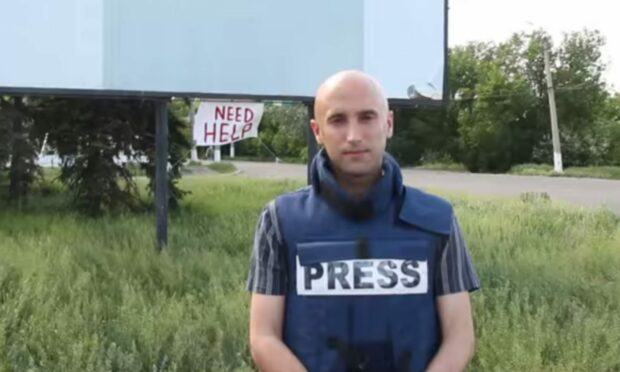
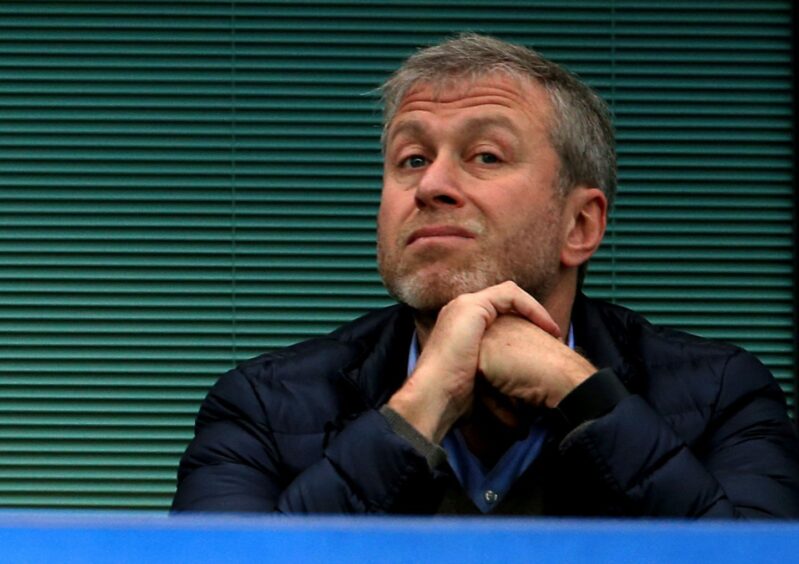
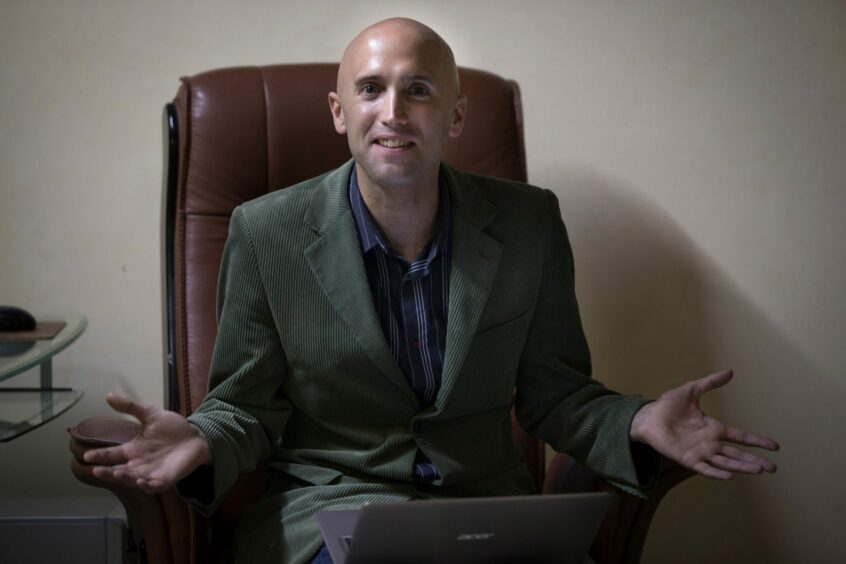
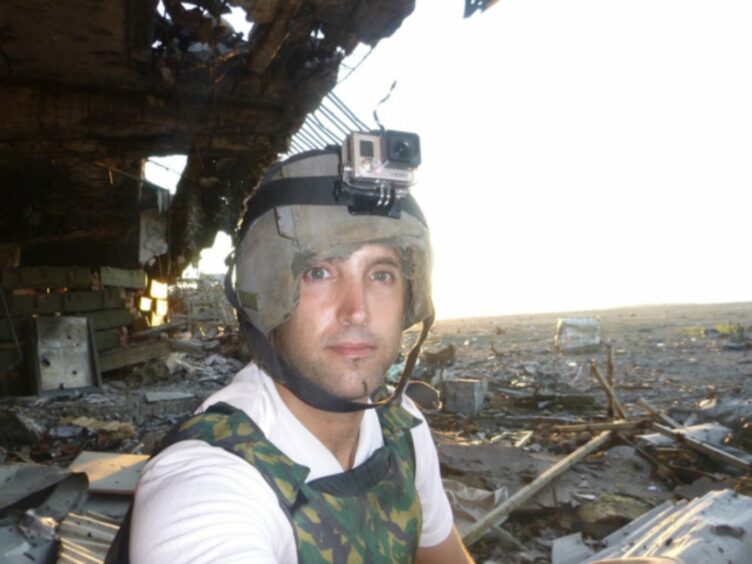
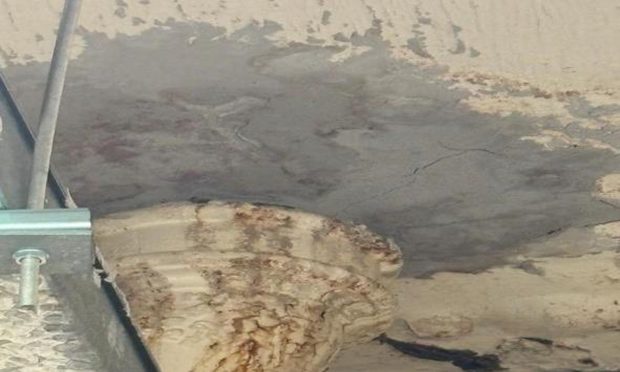
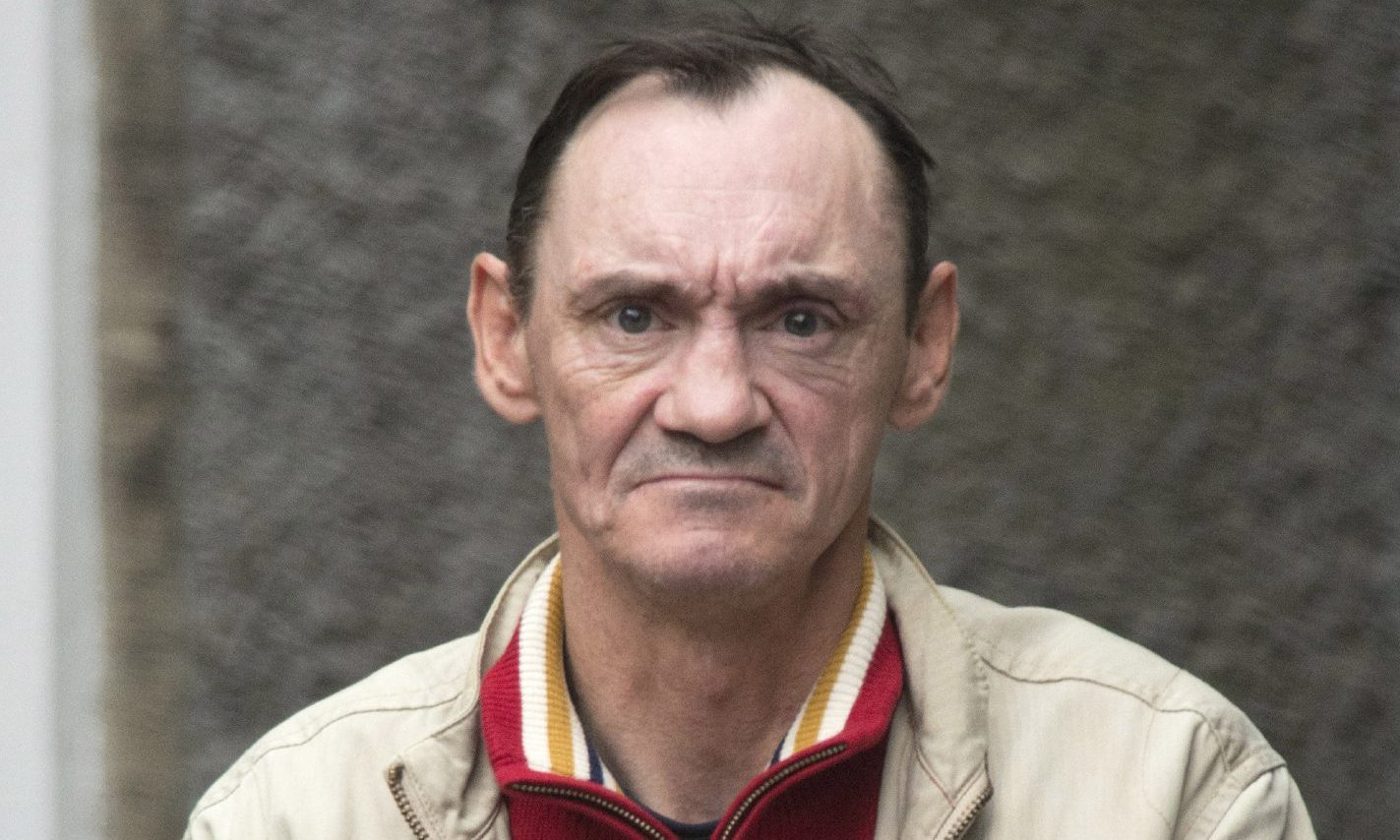
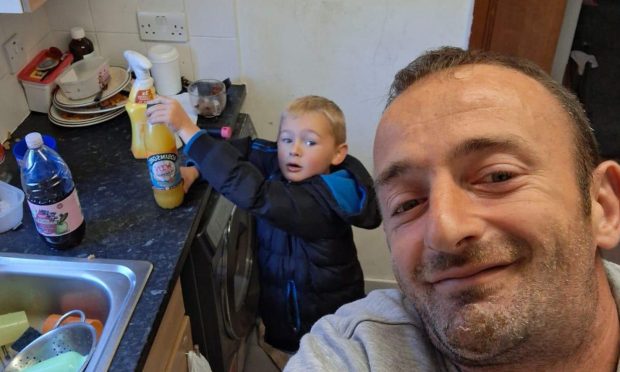
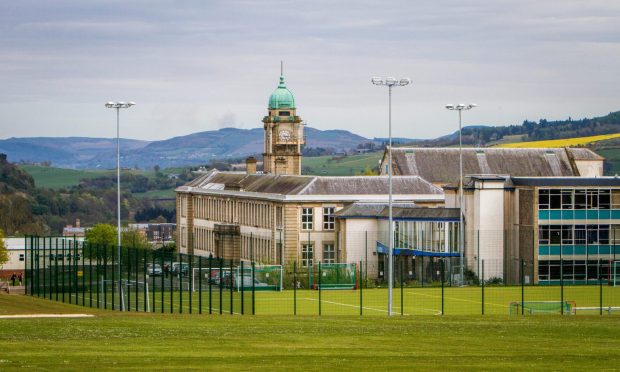
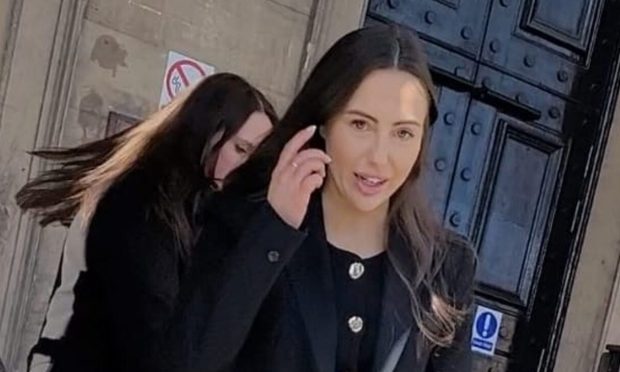
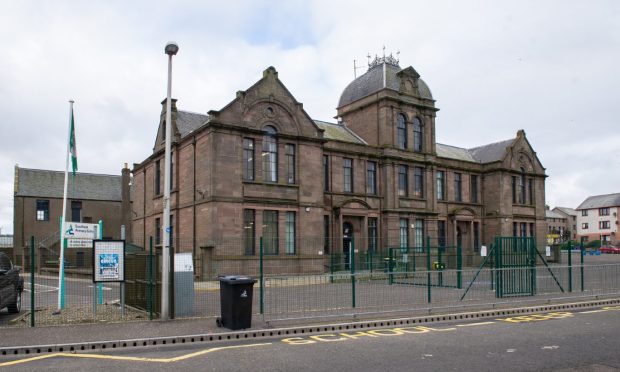
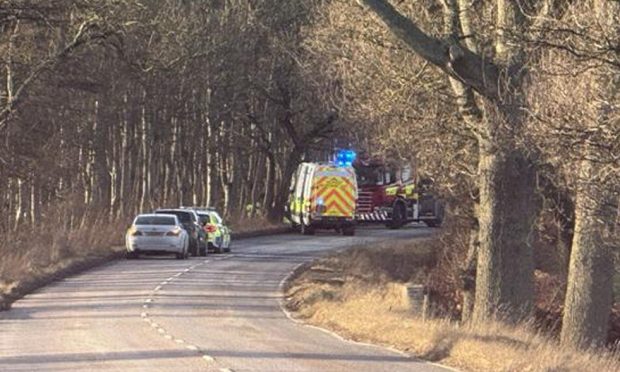
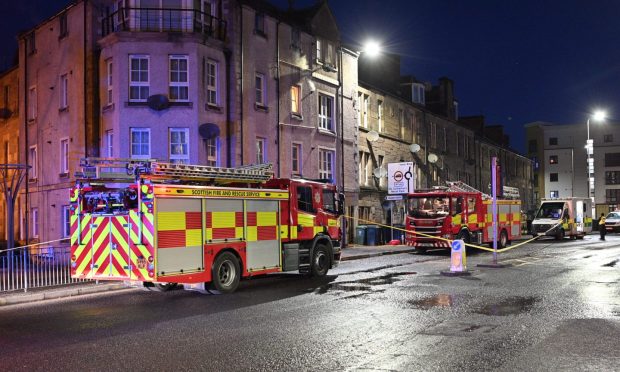


Conversation